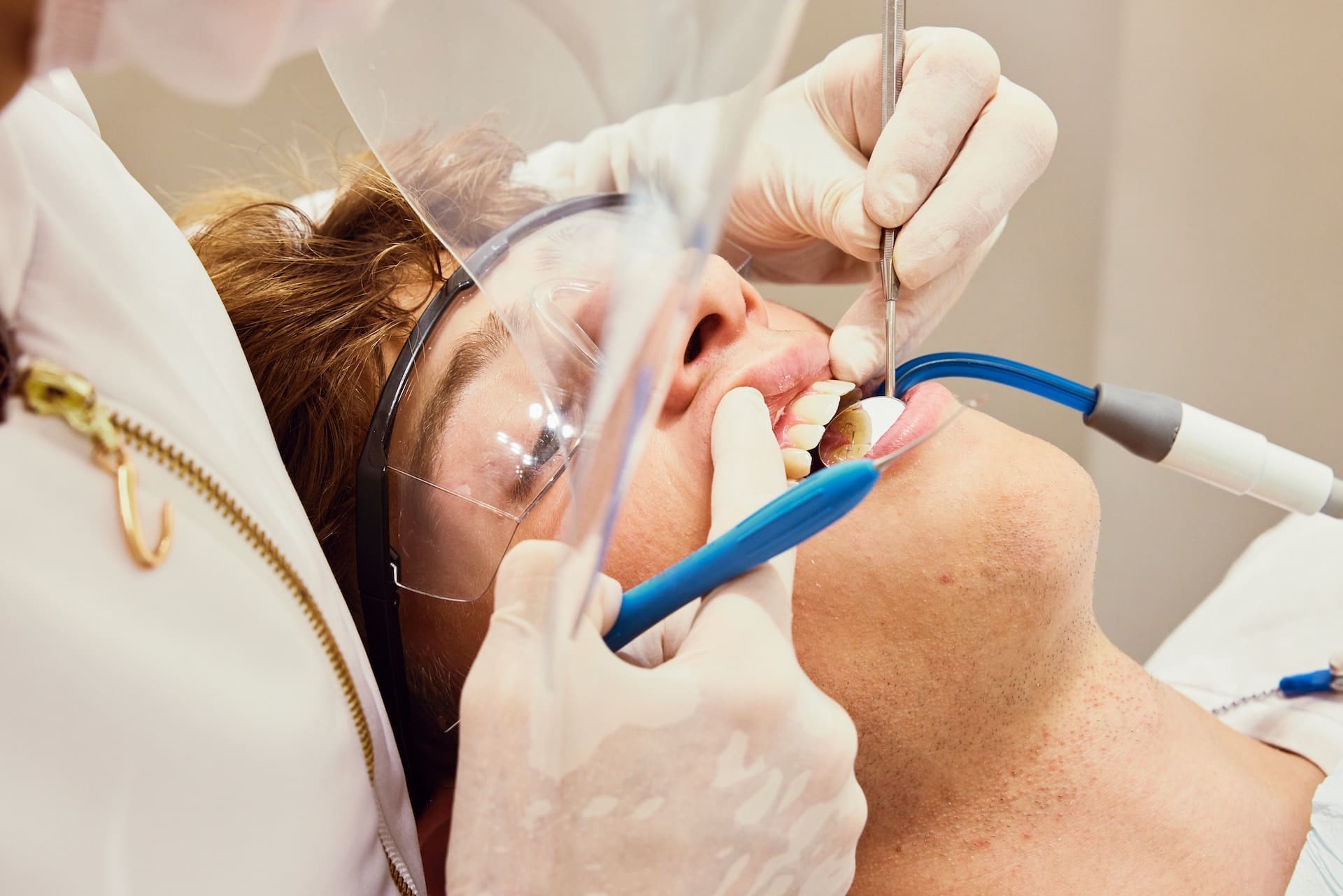Understanding Gum Disease: Stages and Symptoms
Gum disease, also known as periodontal disease, is an inflammatory condition affecting the tissues surrounding and supporting the teeth. It progresses through different stages, each with its own set of symptoms:- Gingivitis: This mild and reversible form of gum disease occurs when plaque buildup causes gum inflammation. Symptoms include red, swollen gums that may bleed during brushing or flossing. Gingivitis is often a precursor to more severe gum disease but can be treated and reversed with proper oral care.
- Periodontitis: If left untreated, gingivitis can progress to periodontitis, a more severe and irreversible form of gum disease. Chronic inflammation causes the gums to pull away from the teeth, forming pockets that can harbor bacteria. The gums, bone, and connective tissue are gradually destroyed, potentially leading to tooth loss. Symptoms include persistent bad breath, gum recession, loose teeth, and gum abscesses.
- Advanced Periodontitis: In this final stage, periodontitis severely damages the supporting structures of the teeth. This condition often results in tooth loss, significant pain, and an increased risk of systemic health issues.
Prevention Is Key: Achieving Optimal Oral Health
The best approach to protecting your periodontal health is through prevention. Follow these essential guidelines to keep your gums healthy:- Maintain Proper Oral Hygiene: Brush your teeth twice daily using fluoride toothpaste and a soft-bristle toothbrush. Floss at least once a day to remove plaque and food debris that can accumulate between teeth and beneath the gumline.
- Schedule Regular Dental Visits and Cleanings: Professional dental cleanings twice a year are essential for removing plaque and tartar, which can lead to gum disease. Regular checkups will also allow your dentist to monitor for early signs of gum disease and provide necessary interventions.
- Adopt a Healthy Diet: A nutritious and balanced diet, rich in vitamins and minerals, will promote overall dental health. Minimize sugar and sticky foods to prevent plaque formation.
- Stay Hydrated: Drinking water helps rinse away food particles and bacteria, helps your body produce saliva, and assists in maintaining gum health.
- Avoid Tobacco Use: Smoking has been linked to an increased risk of gum disease, as it weakens your immune system and impairs your body’s ability to heal inflamed gums.
Treating Gum Disease: How Weston Dental Specialists Group Can Help
If you experience symptoms of gum disease or have concerns about your periodontal health, consult with the experienced team at Weston Dental Specialists Group. Our comprehensive range of periodontal treatments includes:- Deep Cleaning (Scaling and Root Planing): This non-surgical procedure involves removing plaque and tartar beneath the gumline, followed by smoothing the tooth root surfaces to promote healing and discourage bacterial buildup.
- Medication: Antibiotics and antimicrobial mouthwashes may be prescribed to control or reduce the severity of bacterial infections associated with gum disease.
- Gum Graft Surgery and Regeneration: For advanced periodontitis cases, surgical interventions may be necessary to restore damaged tissue and bone. Gum graft surgery involves taking healthy tissue from another area of your mouth and attaching it to the affected gums, protecting exposed tooth roots and promoting healthy gums.
- Dental Implants: If gum disease has led to tooth loss, dental implants can be placed to replace missing teeth and restore functionality and aesthetics to your smile.


